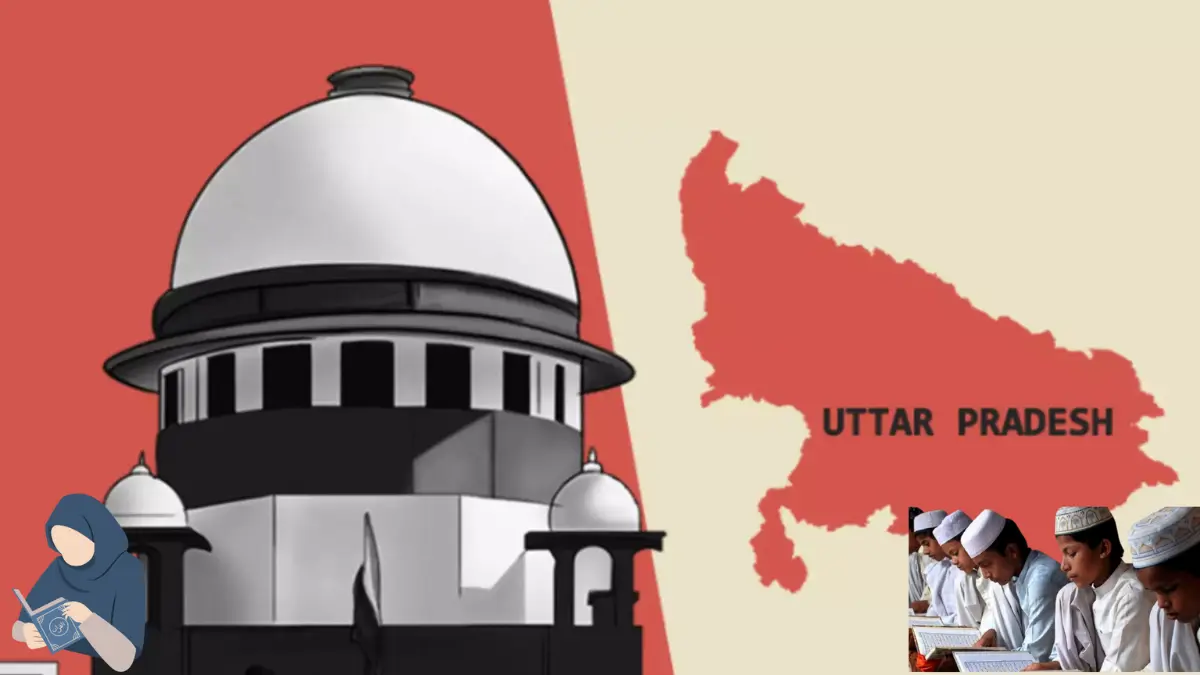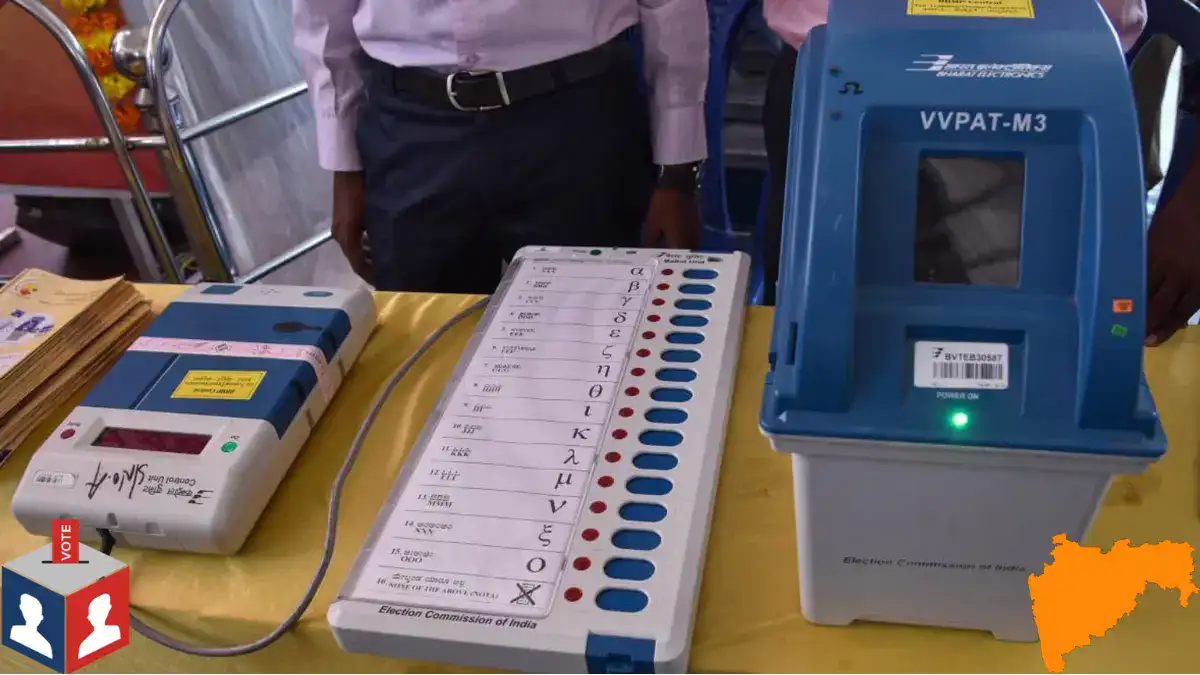
A court in Uttar Pradesh is currently reviewing challenges to the controversial Madarsa Act, which governs the regulation of religious schools in the state. The Act has sparked debates about whether religious institutions, specifically madarsas, should be more closely monitored by the government. Why has this Act stirred so much controversy, and what could be the outcome? Let’s explore the issue in detail.
What Is the Madarsa Act?
The Madarsa Act is a law aimed at regulating the functioning of madarsas, which are Islamic religious schools in India. These schools primarily focus on religious education, but many also teach secular subjects. The Act requires madarsas to meet certain government standards, particularly regarding the curriculum, teacher qualifications, and overall administration.
The goal of the Act is to ensure that students attending madarsas receive a balanced education that includes both religious and modern subjects, like math and science. However, the law has faced opposition, with critics arguing that it infringes on the autonomy of religious institutions.
Why Is the Act Being Challenged?
The Madarsa Act is being challenged in the Uttar Pradesh court by several groups and individuals who believe the law unfairly targets Islamic institutions. Opponents argue that the law imposes unnecessary restrictions on religious schools and interferes with their ability to offer religious education freely. They also believe that the government should not control or dictate how madarsas operate, as it goes against the fundamental right to practice and promote religion.
On the other hand, supporters of the Act argue that all educational institutions, regardless of their religious affiliation, should meet certain standards to ensure quality education. They believe the law can help modernize madarsas and improve the opportunities available to students who attend these schools.
What Are the Key Issues in the Debate?
The controversy surrounding the Madarsa Act touches on several sensitive issues. First, it raises questions about the balance between religious freedom and the need for regulation in education. Should the government have a say in how religious schools operate, or should they be left alone to run independently?
Second, there’s the issue of equality in education. Supporters of the Act argue that madarsa students deserve the same access to modern education as those attending regular schools. Without regulation, there’s concern that some madarsas may only focus on religious teachings, leaving students without the skills they need to succeed in a broader society.
Third, there’s the concern about government overreach. Many in the Muslim community fear that the Act could be a way for the government to exert control over religious institutions, potentially affecting the content of religious teachings. This has led to fears of cultural and religious interference.
Human Impact: How Does This Affect Students and Communities?
The outcome of this case could have a significant impact on students attending madarsas and their communities. For students, the Act could mean more opportunities to receive a modern education, which could help them in the job market. However, if the law is seen as overly restrictive, it could lead to fewer madarsas being able to operate, which might limit access to religious education for many families.
For communities, the debate over the Madarsa Act reflects larger concerns about religious identity and the role of government in regulating faith-based institutions. Some fear that tighter regulation could weaken the cultural and religious independence of madarsas, while others believe it could be a step toward improving the overall education system.
What Could Happen Next?
As the Uttar Pradesh court reviews the challenges to the Madarsa Act, the outcome could have lasting implications. If the court upholds the Act, madarsas across the state will have to comply with stricter regulations, potentially leading to changes in how these schools operate. On the other hand, if the court sides with the challengers, it could signal a victory for those advocating for greater religious freedom and autonomy in education.
The decision could also influence how other states approach the regulation of religious schools, as similar laws exist or are being considered in different parts of India.
Conclusion
The ongoing review of the Madarsa Act in Uttar Pradesh has sparked a heated debate over the regulation of religious schools. The case highlights the delicate balance between ensuring quality education and respecting religious autonomy. As the court considers these challenges, the outcome could have a wide-reaching impact on students, communities, and the broader education system in India.




